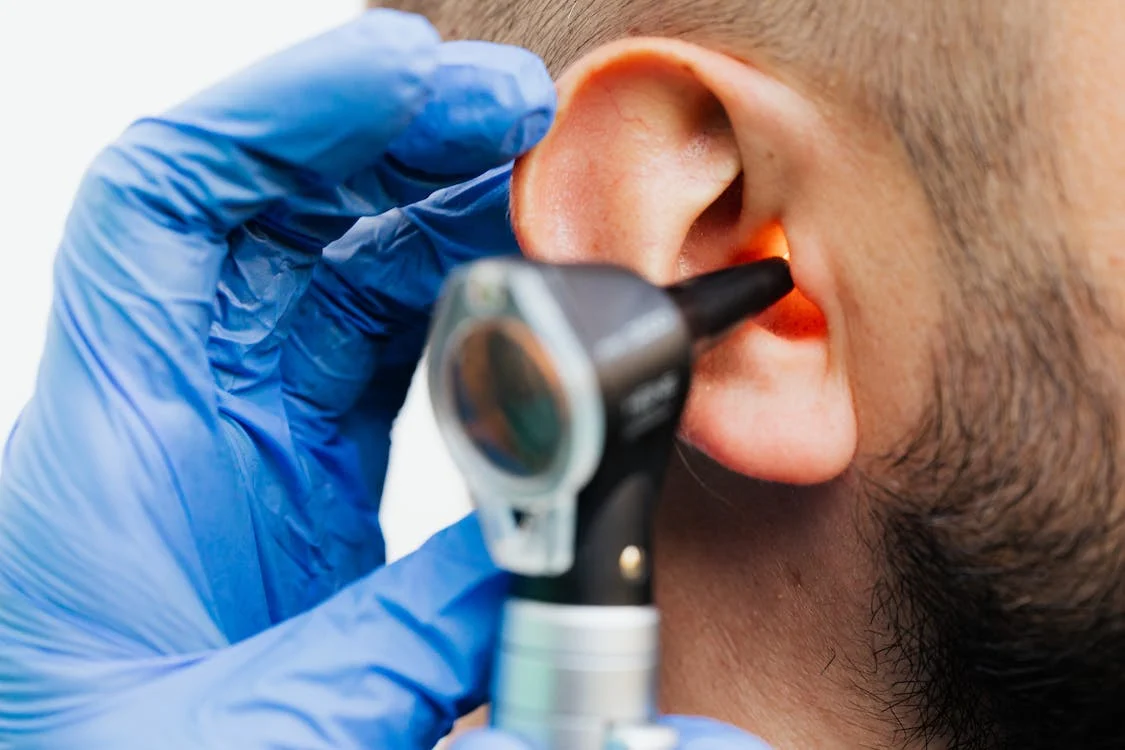Today we want to talk about medical conditions that can cause hearing loss. Hearing loss is a prevalent condition, and with over 700 million people estimated to have it by 2050, there is more need to know about it. You might have heard or read online how loud sounds and aging can predispose you to auditory loss. However, other medical conditions could also affect your hearing. Here are three worth considering and how to manage them to improve your quality of life.
Otosclerosis
This medical condition is characterized by abnormal bone growth in the middle ear, particularly around the stapes bone responsible for transmitting sound vibrations into the inner ear. Abnormal growth of this bone interferes with sound transmission and often leads to conductive hearing loss. The exact cause of otosclerosis remains unclear; however, it is believed to be influenced by genetic factors and hormonal changes. According to medical research, women are more at risk of developing hearing loss. Meanwhile, women already diagnosed with the condition experience worse during pregnancy. Otosclerosis patients tend to experience a compromised auditory system. In some cases, however, surgical interventions like stapedectomy or stapedotomy can help restore hearing. If surgery is not an option or does not produce the desired results, the doctor may recommend hearing aids or sound therapy to improve your overall hearing quality.
Meniere’s Disease
Meniere’s disease is a chronic inner ear disorder that affects about 615,000 persons in the United States alone. Episodes of vertigo, tinnitus, varying degrees of hearing loss, and a feeling of fullness in the affected ear are characteristic of this condition. While the exact cause remains unknown, experts believe it may be related to fluid buildup in the inner ear. Other medical circles believe it is the result of an abnormal immune response. Of all the symptoms associated with Meniere’s Disease, tinnitus is the most prevalent. Tinnitus is a persistent ringing or buzzing in the ears, and the sounds can be extremely distressing. In worst-case scenarios, it can exacerbate the overall impact of hearing loss. However, with a tinnitus doctor, this symptom can be managed. Due to the complex nature of the disease, specialists employ a multi-faceted approach which includes medication, sound therapy, counseling, and lifestyle modifications. These timely interventions can mitigate the hearing loss associated with Meniere’s disease.
Acoustic Neuroma
This medical condition starts with a benign tumor that develops on the vestibular nerve, which connects the inner ear to the brain. Although these tumor’s are non-cancerous, they can cause significant hearing loss by putting pressure on the auditory nerve. The excess strain on the inner ear structures may cause inconveniencing symptoms like tinnitus, dizziness, and balance problems. When an acoustic neuroma causes hearing loss and triggers tinnitus, it becomes necessary to involve hearing specialists. They will help develop comprehensive treatment plans to manage a specific case. Sometimes, the only solution that helps improve your quality of life is hearing aids. While your natural hearing may be impacted, you can live better with the help of these devices designed to restore auditory functions.
Read more health articles at ClichéMag.com
Images provided by BingAI, Adobe Stock, Flickr, Unsplash, Pexels, Pixabay & Creative Commons





